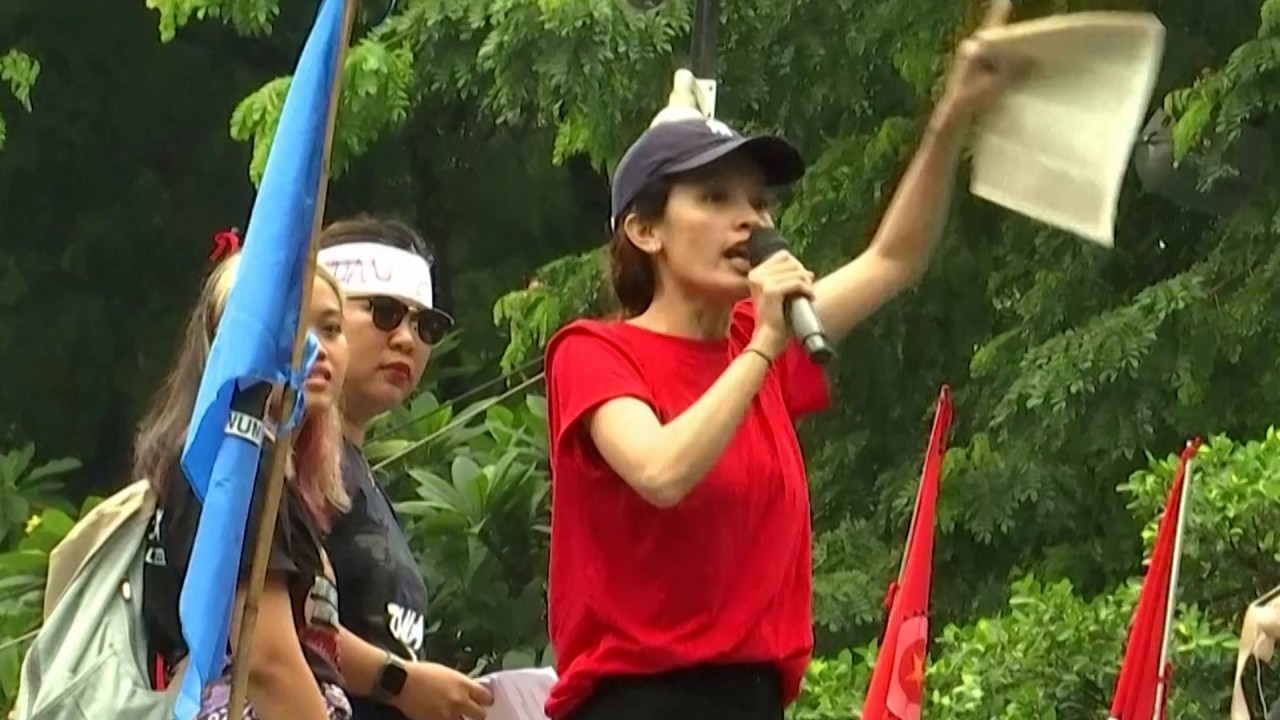
Fine or hold Hong Kong agencies criminally liable to tackle job-hopping among domestic workers, lawmakers say
- Government has proposed two-way approach to tackle issue of helpers quitting their jobs prematurely without compelling reasons
- Lawmakers say proposals to revoke licences or issue verbal warnings lack teeth
Under proposed amendments to the Code of Practice for Employment Agencies, firms would be required to “clearly explain” to helpers that an application to change employer within the standard two-year contract period would be approved only under exceptional circumstances.
These would include the transfer, migration, death or financial reasons of the original employer, or where there was evidence the helper had been abused or exploited.
The proposed punishments to the agencies … are not enough
In addition, agencies would not be allowed to provide monetary incentives to helpers in employment to induce them to terminate their contracts prematurely.
For helpers, the government proposed that those already in work must return to their home country and submit a new application if they wanted to change employer. But their applications would be rejected if evidence suggested job-hopping was involved.
Lawmakers said the proposals, which the public will be consulted on until May 15, lacked teeth.
“The proposed punishments to the agencies, including issuing oral warnings and revocations of licences, are not enough, as they can always find another way to apply for a new licence,” lawmaker Judy Chan Kapui said.
She suggested criminal liability could be introduced as a punishment.
Hong Kong helpers stressed about money, don’t sleep enough amid pandemic
Echoing her was Lai Tung-kwok, who said punishment “always takes a long time to process which minimises its deterrence”.
He proposed fining agencies if they violated the policy.
Assistant Commissioner for Labour Cheung Hoi-shan told lawmakers the job-hopping problem had greatly improved, with the number of cases dropping nearly 70 per cent compared with 2021.
According to the government, 5,844 applications were referred to the Immigration Department for follow-up action on suspected job-hopping in 2021. Of these, 2,833 applications were rejected, almost nine times the number of rejections in 2020.
Cheung said the proposed amendments could eventually put the cost burden on the agencies, as they would be required to discuss refunds or replacement arrangements with employers if a helper initiated a termination of contract.
In addition, agency operators would not be given another chance to open a new company if their licence was revoked.
“If the licence holder is employed by another agency, the agency’s qualification for applying for a licence will be given special attention,” Cheung said.
Undersecretary for Labour and Welfare Ho Kai-ming said the proposed amendments did not mean helpers were forbidden from changing their employers.
“But we require them to do so only after they finish the two-year contract or the exceptions emerge,” Ho said.
New film shines light on ‘warmth and resilience’ of Hong Kong’s domestic workers
Lawmaker Peter Shiu Ka-fai wanted to know whether it counted as job-hopping if helpers were “acting lazy on purpose to get fired”.
Cheung admitted it was “difficult to define job-hopping in a real situation”. But she said the Immigration Department had a special task force to review suspicious cases since June 2013.
“That will include how many applications for employer change are filed by the same foreign domestic helpers within a year and whether each time the reasons are acceptable,” Cheung said.


